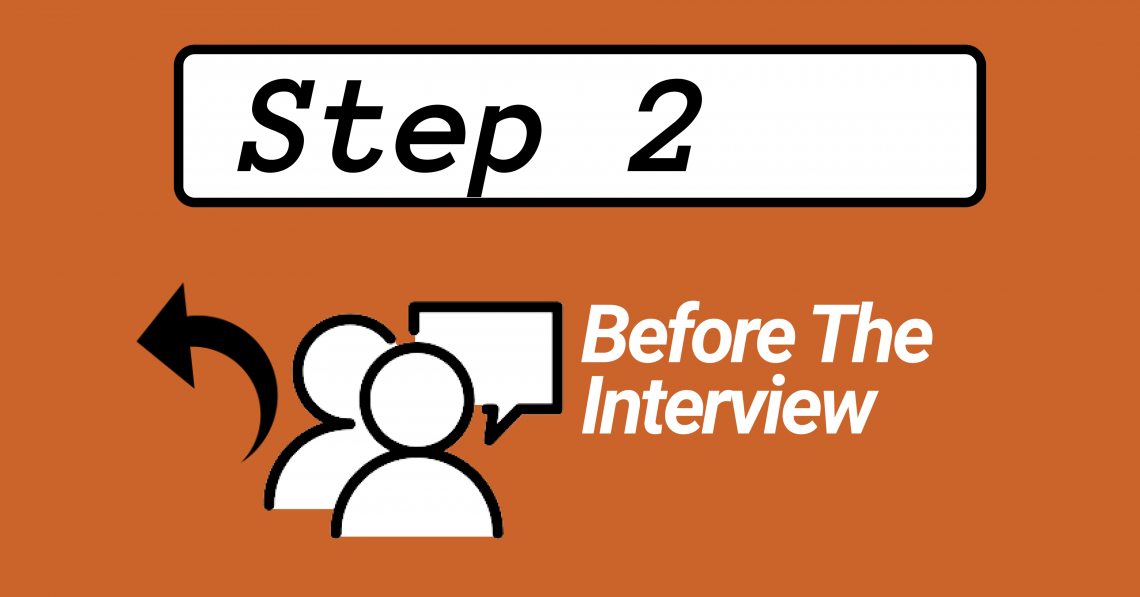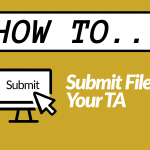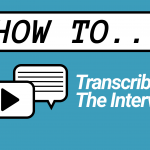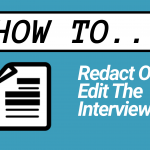Preparation is the key to a good interview. Below is a list of tasks to complete before the oral history interview, so that the interview goes smoothly.
2.1 Conduct preliminary research
Begin research on the community organization and the person you will interview. Think about how the person has a valuable perspective for the Race & Oral History Project. You may also want to research any topics or larger issues related to the organization and the person. You are not expected to be an expert, but general knowledge is necessary to ask relevant questions.
TIP: Use a KWL chart to take notes. (Know, Want to Know, Learned), which will be useful for conducting preliminary research and when writing the interview synopsis.
2.2 Prepare interview questions
Draft a list of interview questions to submit to your professor, TAs, and the community organization. After receiving feedback, you should revise the questions and resubmit for approval. Remember to:
- Keep questions short.
- Ask one question at a time that requires more than a yes or no answer.
- Be prepared to get off the topic, then gently bring the narrator back to the subject.
- It’s okay for there to be moments of silence.
- Start with easier questions, such as brief biographical information, before asking more personal questions.
- End with an expression of appreciation.
2.3 Make initial contact
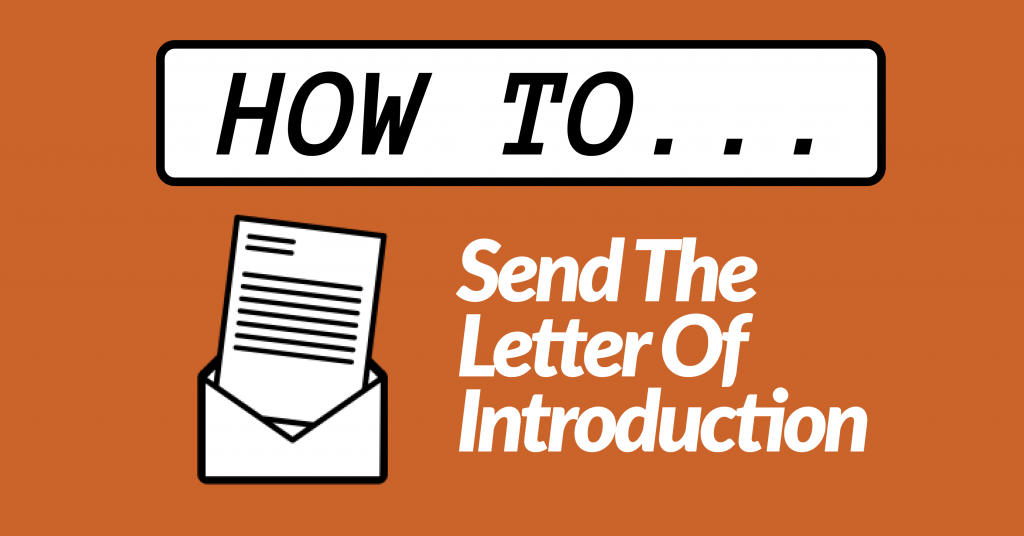
Use this Letter of Introduction as a template.
You will be matched with a potential interviewee by your partner organization. It is your responsibility to reach out and contact them via phone or email.
After reaching out, set up a meeting to get to know them and prepare them for the interview.
- Introduce yourself and get to know a little about them.
- Talk about the project and the overall process of the interview.
- Share the interview questions and take suggestions, if needed.
- Agree to the length of the recording in advance (limit the interview to no more than an hour so that the interviewee is not tired and the transcription process is not too long).
- Discuss the mode of recording (Zoom) and make sure they are comfortable with it.
- Go over the release form.
- Show them the website, so they know where the interview will be made available.
- Ask if they feel comfortable submitting a photo to use in the blog post.
Upon speaking with your interviewee, set up an oral history interview date. It is recommended the oral history interview be completed by week 7.
*The day before the interview, confirm the time and place with the interviewee.
2.4 Test all equipment
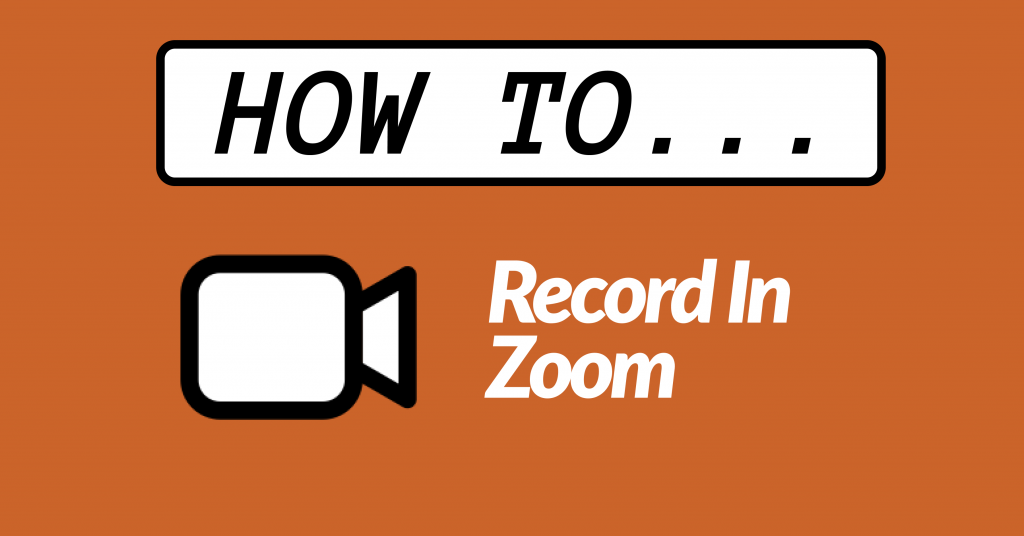
Follow this tutorial for how to Record in Zoom.
- We will use Zoom https://ucsd.zoom.us/
- Students will be the host and should practice setting up a meeting, sending out the invitation (with phone number), AND practice recording ahead of time, so they know how to save the file.
- Ask if the narrator/interviewee prefers to be recorded with video, audio or call via phone if they do not have access to a stable and strong internet connection or a computer.
- Test setting up Zoom meeting MORE THAN ONCE before the scheduled interview. Make sure you are familiar with the ins and outs.
- Make sure your computer/equipment is fully charged or that you are plugged in.
- Ensure you have a quiet, isolated place—private or semi-private (make a sign if necessary) with little background noise.
